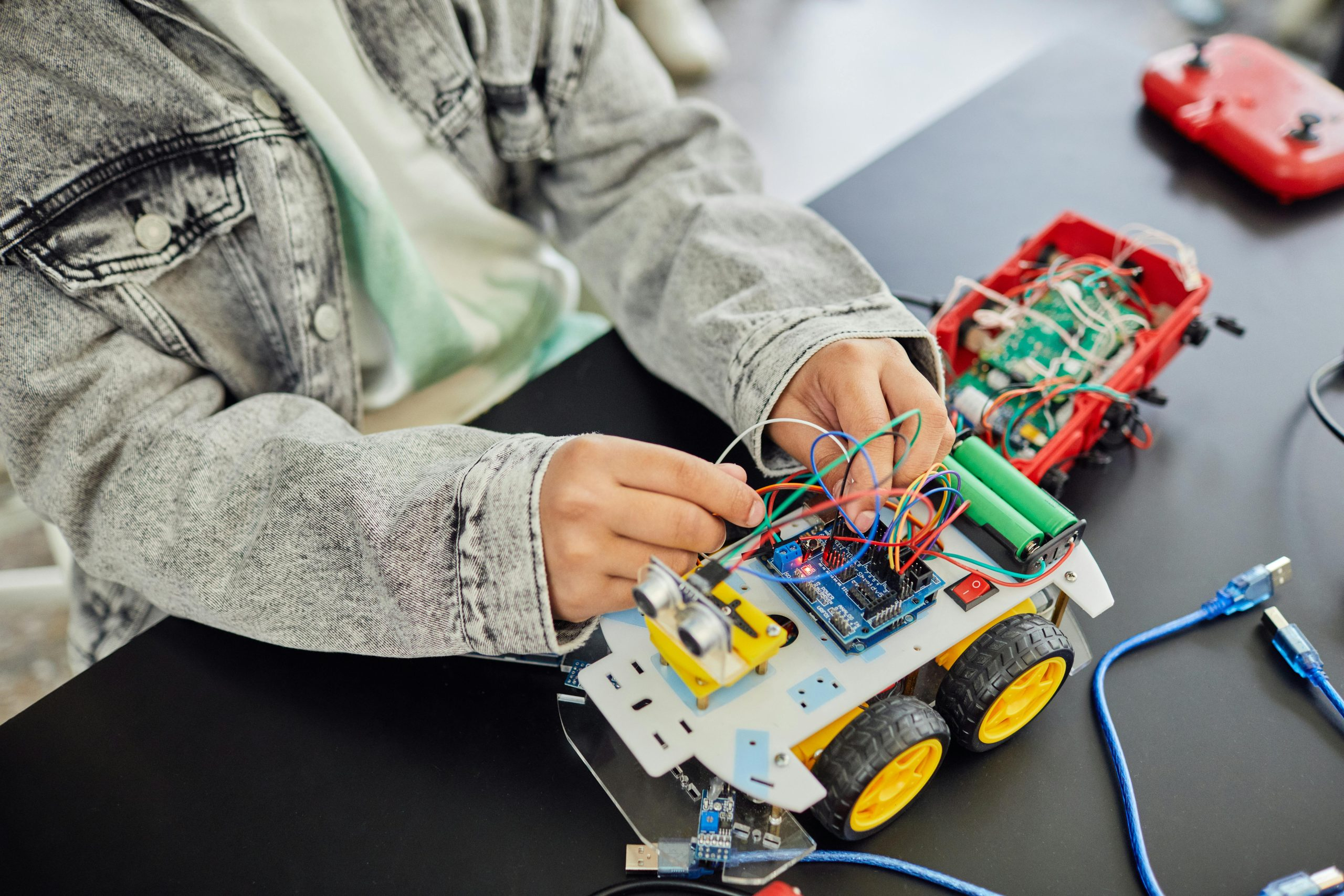Benefits of Outdoor Learning Experiences for Student Development
When most people think of learning, they likely picture a traditional classroom setting with students seated at desks, focused on textbooks and lectures. However, there is a growing recognition of the benefits of outdoor learning experiences for student development. Outdoor learning, also known as experiential or hands-on learning, involves experiencing and interacting with the natural environment in order to gain knowledge and skills. From improved academic performance to enhanced physical and emotional well-being, the advantages of outdoor learning are numerous. In this article, we will explore the various benefits that outdoor learning experiences can offer students.
Improved Academic Performance
One of the major advantages of outdoor learning experiences for student development is its positive impact on academic performance. Studies have shown that being in a natural environment can improve a child’s ability to concentrate, retain information, and think creatively. This is due to the sensory stimulation and diverse learning opportunities that the outdoors provide. For example, a lesson on plant life can come to life when students are able to see, touch, and smell the different plants in their natural environment. This hands-on approach to learning can be especially beneficial for kinesthetic learners who thrive in a more interactive learning environment.
Enhanced Social Skills
Another significant benefit of outdoor learning experiences is the role they play in developing students’ social skills. In a traditional classroom, students are often confined to a specific desk and interact mainly with their peers. However, in an outdoor setting, students are encouraged to work and communicate with others in their group, whether it be through teamwork activities or group projects. This helps develop important social skills such as communication, collaboration, and problem-solving. Outdoor learning also provides opportunities for students to interact with individuals from different backgrounds and perspectives, helping to foster a more inclusive and diverse learning environment.
Increased Physical Activity
In today’s society, where sedentary lifestyles are becoming the norm, outdoor learning experiences provide a much-needed break from the screens and desks that consume most of students’ days. Being outdoors not only allows students to get some fresh air and Vitamin D, but it also encourages physical activity. Whether it’s hiking, playing sports, or participating in a nature scavenger hunt, outdoor learning provides a fun and engaging way for students to get their bodies moving. This not only has physical health benefits but can also improve students’ focus and energy levels, leading to better overall well-being.
Stress Relief and Mental Well-being
In addition to the physical benefits, outdoor learning experiences also offer various mental health benefits. Spending time in nature has been shown to reduce stress, anxiety, and depression. The calming sounds and sights of the outdoors can help students feel more relaxed and present, leading to improved mental clarity and well-being. Outdoor experiences also encourage mindfulness and self-reflection, providing students with a break from the fast-paced and often stressful academic environment. This can ultimately lead to a more positive and balanced state of mind.
Environmental Awareness and Stewardship
The incorporation of outdoor learning experiences can also play a crucial role in fostering environmental awareness and stewardship in students. By spending time in nature, students can gain a deeper appreciation for the environment and learn about the importance of preserving it. Outdoor learning can also provide opportunities for students to participate in hands-on activities such as planting trees, cleaning up a local park, or constructing a birdhouse. These experiences can help instill a sense of responsibility and encourage students to become future environmental stewards.
Conclusion
In conclusion, the benefits of outdoor learning experiences for student development are numerous and impactful. From improved academic performance to enhanced social skills and mental well-being, incorporating outdoor learning into the education system can have far-reaching benefits for students. As educators, it is important to recognize the value of hands-on learning in a natural environment and to provide students with opportunities to engage with the outdoors. By doing so, we can not only improve academic outcomes but also nurture well-rounded and environmentally-conscious individuals.










